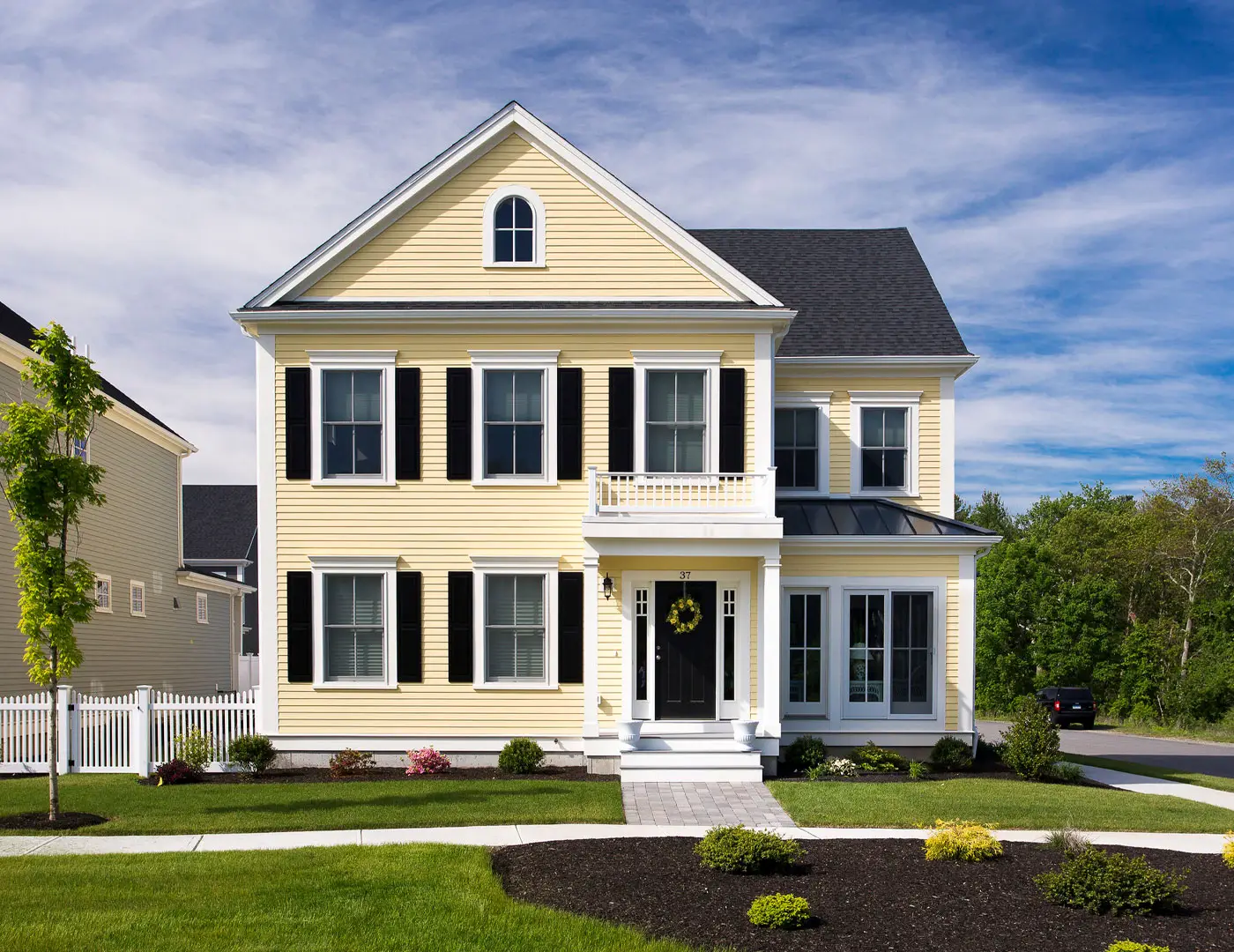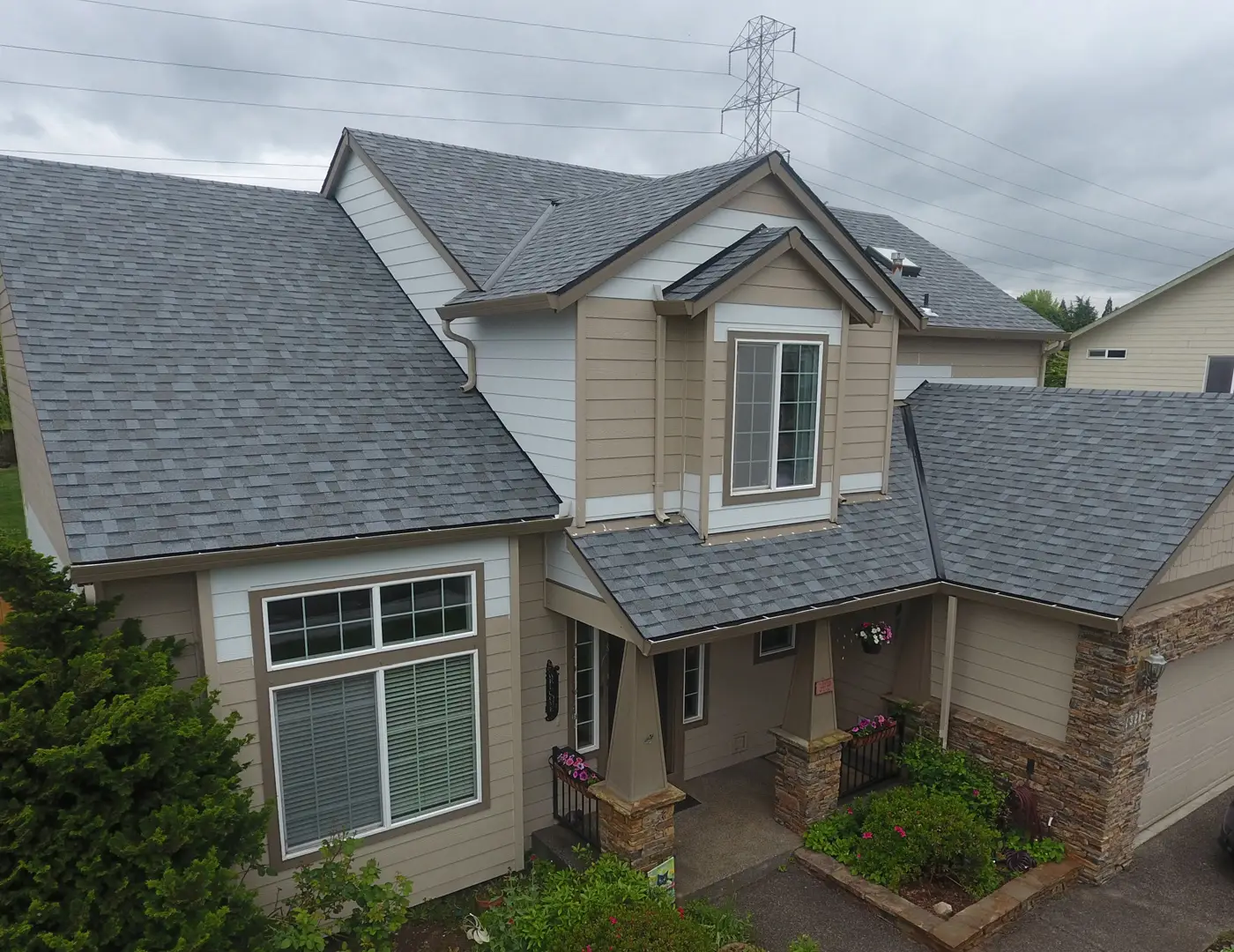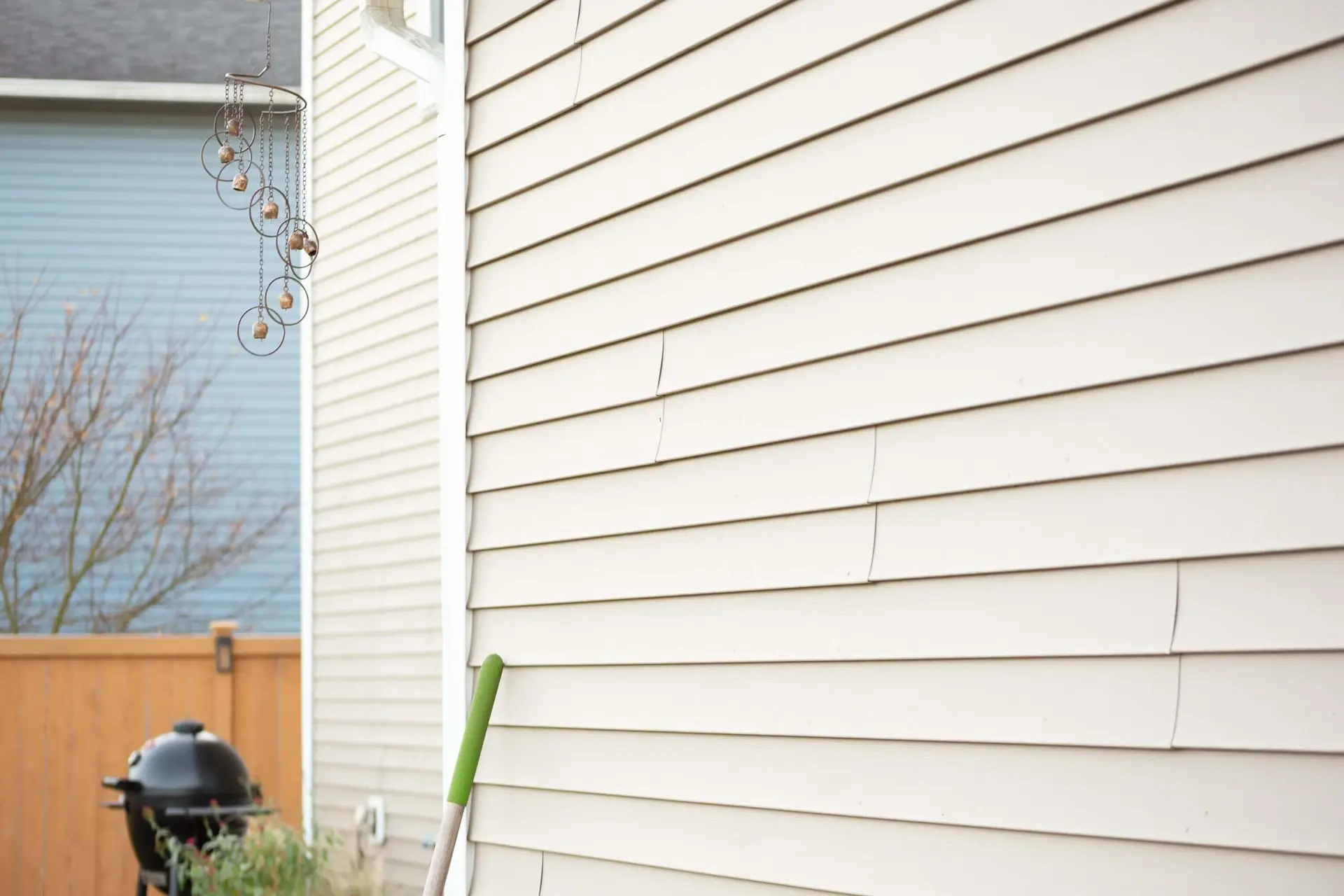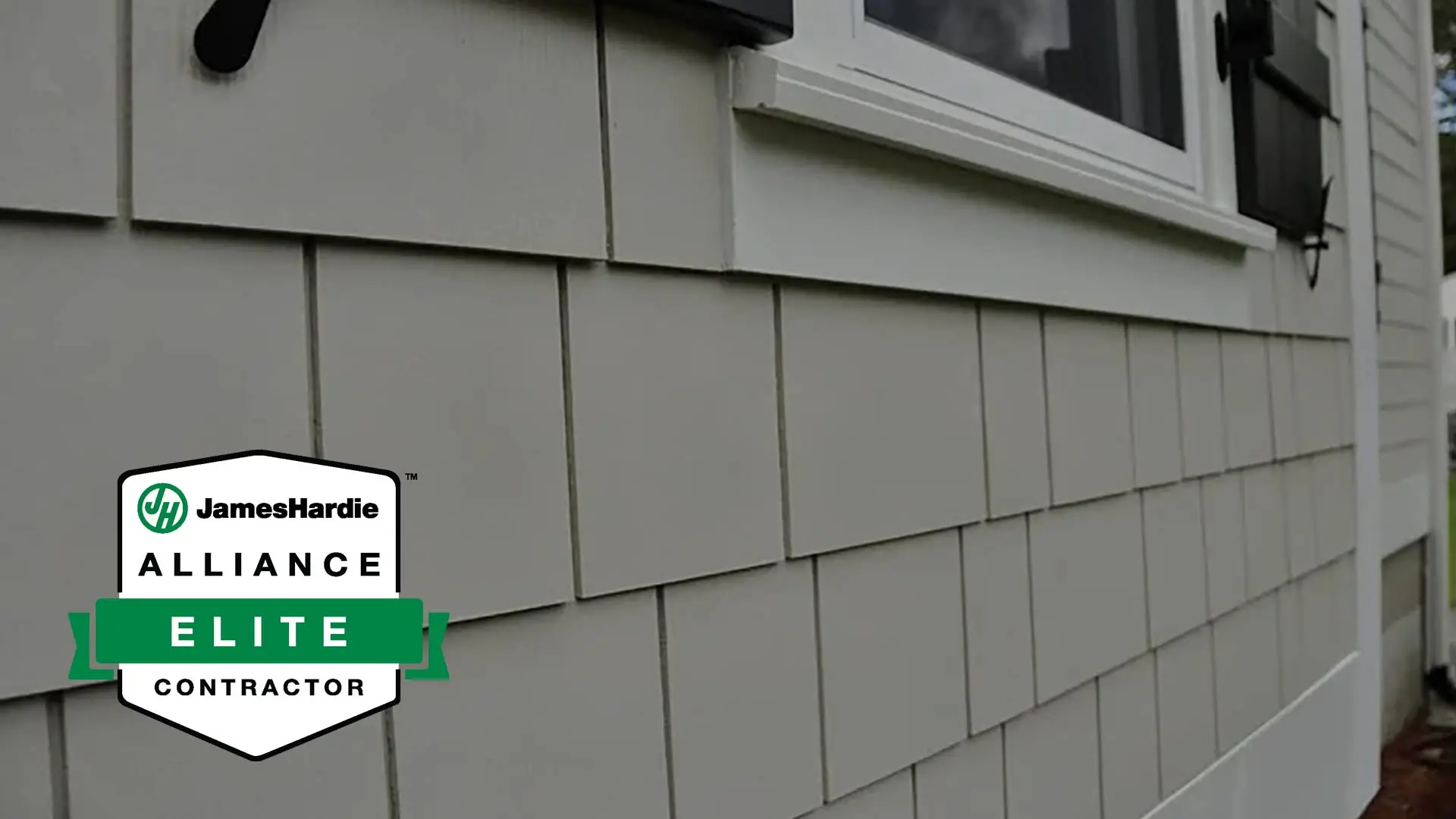How Does Siding Protect Your Home?
Siding plays a crucial role in maintaining the integrity and appearance of your home. It acts as a protective barrier, shielding your home from the elements and contributing to its overall durability and energy efficiency. Here, we explore in detail how siding protects your home and why it is an essential component of your house’s exterior.
Adds Structural Support
The structural integrity of your home relies heavily on its framework, which includes beams and other structural components. Siding serves as an additional layer of protection for these elements, ensuring that they remain secure and intact even under extreme weather conditions. This is particularly important in areas prone to severe weather, such as strong winds, heavy rain, or snowstorms.
Siding helps to distribute the force of the wind and other elements across the surface of your home, reducing the strain on the structural components. This can prevent damage such as warping, cracking, or even structural failure. While siding does not prevent the natural wear and tear that occurs over time, it can significantly slow down the deterioration process, extending the lifespan of your home’s structural elements.

Prevents Water Damage
One of the most critical functions of siding is its ability to prevent water damage. Water infiltration can lead to a host of problems, including mold growth, wood rot, and structural damage. Siding acts as a barrier, deflecting rain and moisture away from your home and preventing it from penetrating the interior.
Properly installed and maintained siding can help you avoid the costly repairs associated with water damage. For instance, mold outbreaks can pose serious health risks to your family, while structural damage can compromise the safety and stability of your home. By keeping moisture out, siding helps to maintain a dry and healthy living environment.
Enhances Energy Efficiency
Siding also plays a significant role in improving your home’s energy efficiency. It works in conjunction with your insulation and interior walls to create a more energy-efficient building envelope. This means that your home can better retain heat during the winter and stay cool during the summer, reducing the need for excessive heating and cooling.
Energy-efficient siding can help you save on energy bills by reducing the amount of energy required to maintain a comfortable indoor temperature. This not only benefits your wallet but also reduces your home’s carbon footprint, contributing to a more sustainable environment.
Protects Against Pests
In addition to protecting against the elements, siding can also help to keep pests at bay. Insects and rodents can cause significant damage to your home if they manage to find their way inside. Siding acts as a barrier, preventing these pests from entering and causing harm.
Certain types of siding, such as fiber cement or metal, are particularly effective at deterring pests. These materials are resistant to chewing and burrowing, making it difficult for pests to penetrate your home’s exterior. By keeping pests out, siding helps to protect your home from the damage they can cause and the potential health risks they pose.

Improves Curb Appeal
While the primary function of siding is to protect your home, it also plays a crucial role in enhancing its aesthetic appeal. The exterior of your home is the first thing people see, and high-quality siding can significantly improve its appearance. There are many different types of siding available, each offering a unique look and feel.
For example, vinyl siding is popular for its versatility and low maintenance, while wood siding offers a classic, natural look. Fiber cement siding combines the durability of cement with the aesthetic appeal of wood, making it a popular choice for many homeowners. By choosing the right siding for your home, you can enhance its curb appeal and increase its overall value.
Reduces Maintenance Requirements
Maintaining the exterior of your home can be a time-consuming and costly task. However, high-quality siding can help to reduce the amount of maintenance required. Many types of siding are designed to be low maintenance, requiring only occasional cleaning to keep them looking their best.
For instance, vinyl siding is resistant to fading, cracking, and warping, making it a low-maintenance option for homeowners. Similarly, fiber cement siding is highly durable and resistant to many common issues, such as rot and insect damage. By choosing low-maintenance siding, you can save time and money on upkeep, allowing you to enjoy your home without the hassle of constant maintenance.
Provides Fire Resistance
Certain types of siding, such as fiber cement and metal, offer excellent fire resistance. This can be particularly important in areas prone to wildfires or other fire hazards. Fire-resistant siding can help to protect your home by slowing the spread of flames and reducing the risk of fire damage.
Fiber cement siding, for example, is made from a combination of cement, sand, and cellulose fibers, making it highly resistant to fire. Metal siding, such as aluminum or steel, is also non-combustible and can provide an additional layer of protection against fire. By choosing fire-resistant siding, you can enhance the safety of your home and protect your family from the dangers of fire.

Conclusion
Siding is an essential component of your home’s exterior, providing protection against the elements, enhancing energy efficiency, and improving curb appeal. By choosing the right siding for your home and ensuring it is properly installed and maintained, you can enjoy the many benefits it offers. From preventing water damage and deterring pests to reducing maintenance requirements and providing fire resistance, siding plays a crucial role in keeping your home safe, comfortable, and looking its best.
High Performance Homes, a top-rated siding replacement expert. HPH offers a variety of siding options, particularly from James Hardie®. Their team is known for top-notch workmanship and high standards, ensuring that your siding not only looks great but also provides the protection your home needs. For more information or to request a free estimate, call (888) 892-7939 or fill out our contact form.



